The very fact that two name Democrats — former Nashville Mayor Karl Dean and state House Minority Leader Craig Fitzhugh — are competing in a primary to become the party’s nominee for governor is something of a throwback phenomenon.
There was a time, lasting for the better part of a century, when victory in a statewide Democratic primary was inevitably reported in the press as “tantamount to election.” That sense of a solid Democratic South has expired pretty much everywhere by now, although the case can be made that in Nashville, and only in Nashville, it 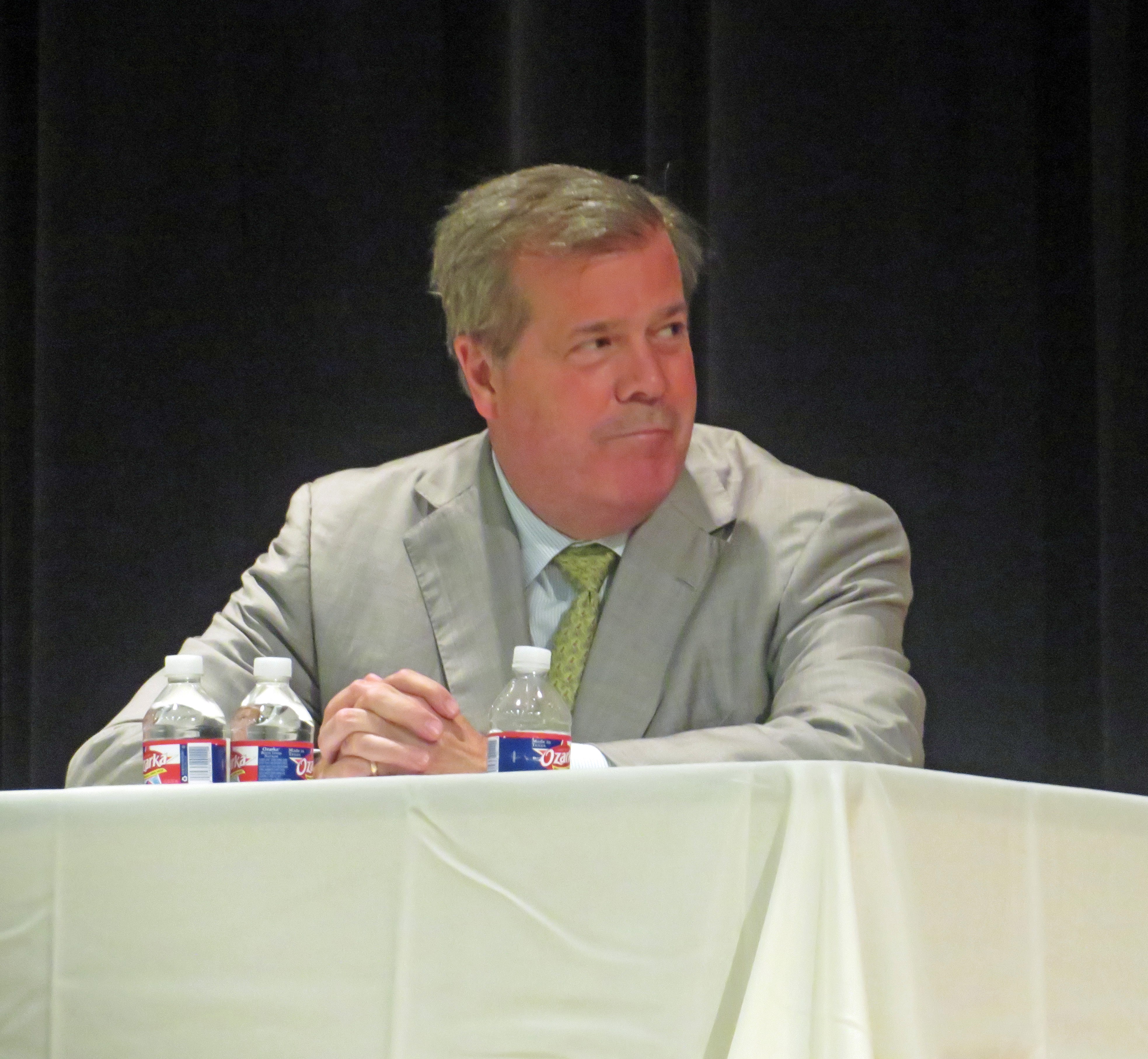 JB
JB
Karl Dean
still exists.
That’s because, for whatever reason, it’s still routine in Nashville for Democrats, both black and white, to win local elections there. And, to be a Democratic office-holder in Nashville, especially the office of mayor, is still, ipso facto, to have an eye on the governorship. It is no accident that the party’s last major statewide winner was Phil Bredesen, who was mayor of the capital city when he won the first of his two gubernatorial terms in 2002. (Bredesen is also, of course, the now out-of-power party’s hope to win a U.S. Senate race this year.)
It is no accident, either, that Karl Dean, a recent Nashville mayor, is a current candidate for governor. What’s more unusual is that he has an opponent, in Fitzhugh of Ripley, from a rural part of the state. West Tennessee rural, at that. A competitive Democratic primary for governor almost got started in 2010, but that was the year when all of the prospective Democratic candidates discovered — in the words of one of them, then state Senate Democratic Leader Jim Kyle of Memphis — that all the state’s yellow-dog Democrats had somehow become yellow-dog Republicans. All but one Democrat, Mike McWherter of Dresden, son of a former governor and eventual loser to the GOP’s Bill Haslam, would drop out.
But here we are in 2018, amid talk, even in Tennessee, of a Democratic blue wave, and, though it is still likely that the word “tantamount” will be applied to the winner of the four-way Republican primary for governor, a sense of optimism — or, at least, of revived respectability — is observable among Democrats.
Which is why, at Friday evening’s debate between Dean and Fitzhugh at Fairley High School in Whitehaven, moderator TaJuan Stout-Mitchell, citing local party Democratic chair Corey Strong as her source, informed the small crowd in the Fairley auditorium that “we love both our Democratic candidates. And we intend to stay a family when this is over.”
Not that there has been any prior animosity between the two candidates, although Fitzhugh, as the less well-funded underdog, has, Hail Mary-style, thrown one or two effective barbs Dean’s way in the course of the electoral season.
Not Friday evening, unless you count the jest he got off when, as he rose to answer a question, his microphone cord almost got tangled up with Dean. “I don’t want to choke you,” Fitzhugh apologized, adding, “yet.”
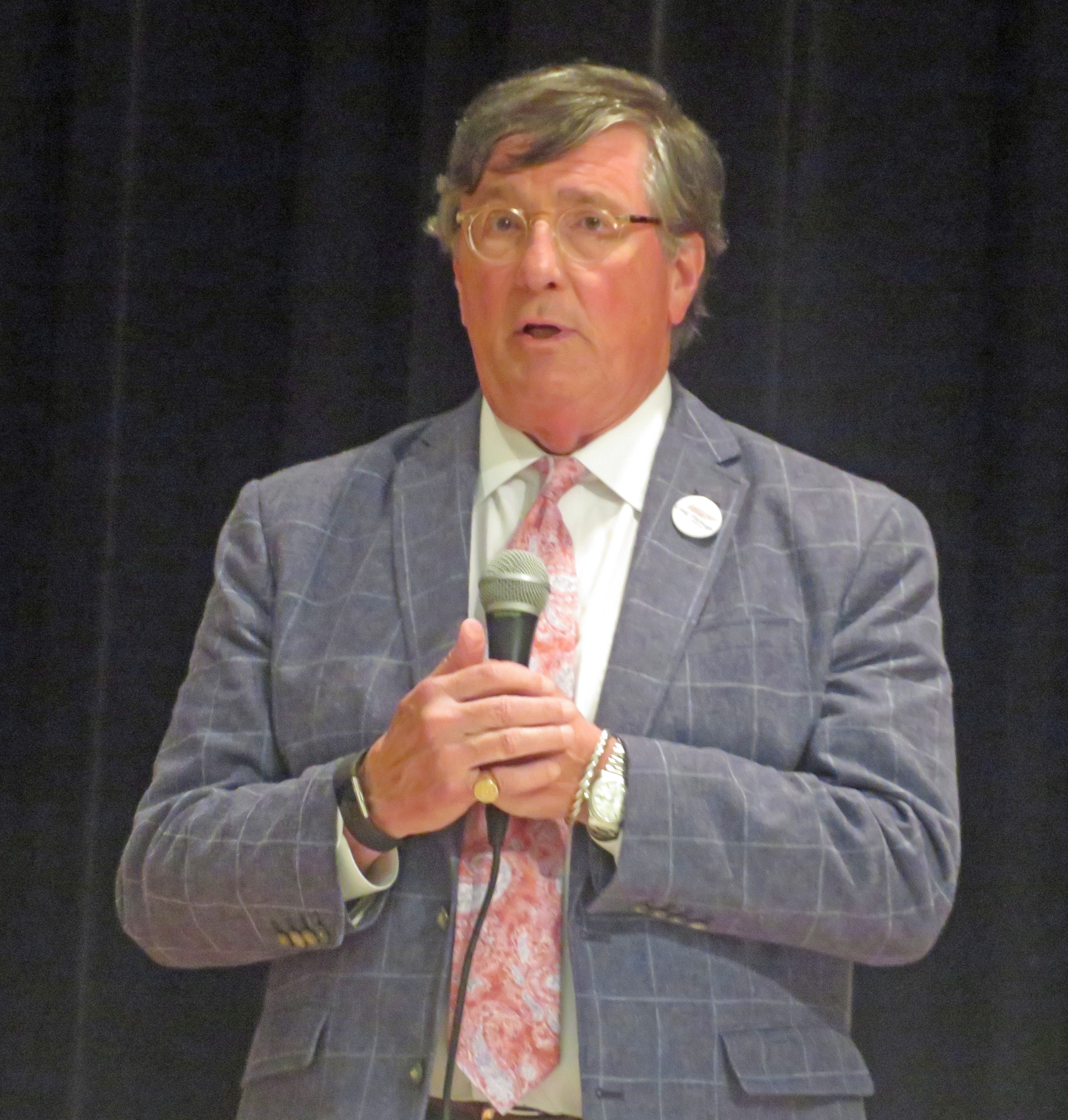 JB
JB
Craig Fitzhugh
The two candidates had been asked, a few minutes into the debate, to share the same table because Dean’s mic wasn’t working. Moving over, he had hazarded a quip of his own: “Shall I repeat everything I’ve already said?”
Actually, there wasn’t a great deal of difference in what the two of them said. They agreed that West Tennessee, and Memphis in particular, had generally received the shaft from the powers-that-be in state government. They both looked askance at the state-run Achievement School District, comparing it unfavorably to the I-Zone institutions of Shelby County Schools. They both rejoiced at a recent court decision against the state practice of lifting one’s driver’s license as a penalty for not paying fines. And they both thought the GOP-dominated legislature’s refusal so far to accept Medicaid expansion under the Affordable Care Act to be a huge and catastrophic partisan folly.
Each also championed the principle of diversity, deplored the use of excessive force and racial profiling by law enforcement, and praised the Hope Scholarship Program and the governor’s Tennessee Promise program of support for free community college tuition, though Fitzhugh was somewhat more insistent that the Hope revenue stream not be tapped to fund Promise.
Dean touted his experience as a onetime Public Defender as a useful experience informing his concern for unempowered minorities. Fitzhugh similarly cited his background as proprietor of a “Bank of the Little Man” in Ripley.
The one issue on which a genuine difference of viewpoints might have materialized was somewhat finessed when Dean — who, unlike Fitzhugh, has been a supporter of charter schools — professed his opposition to “for-profit” charters. Fitzhugh also found a bit of air between himself and Dean’s use of the term “forgotten” as an adjective indicating concern for various classes of Tennesseans — West Tennesseans, in particular — both in Friday’s debate and in a TV ad Dean has been running.
“I don’t call it ‘forgotten,’” Fitzhugh objected, reprising his own frequently expressed concern that the same attention be lavished on “those who live in the shadows of skyscrapers” as on those “in the skyscrapers” themselves. “I don’t like the term
‘forgotten,’” he repeated, advising that voters take a look at his record of ameliorative legislation. “I’ve never forgotten.”
A rhetorical point, perhaps, and one intended essentially to demonstrate a shade of difference, but it is possible that it is on the grounds of such shades and nuances that Tennessee Democrats will render their decision. But there is no party fissure here; either one of these men will suit the party faithful, who are clearly hoping that the era of Democratic no-names with no chance of winning is, at the very least, about to be over.
 JB
JB  Jackson Baker
Jackson Baker 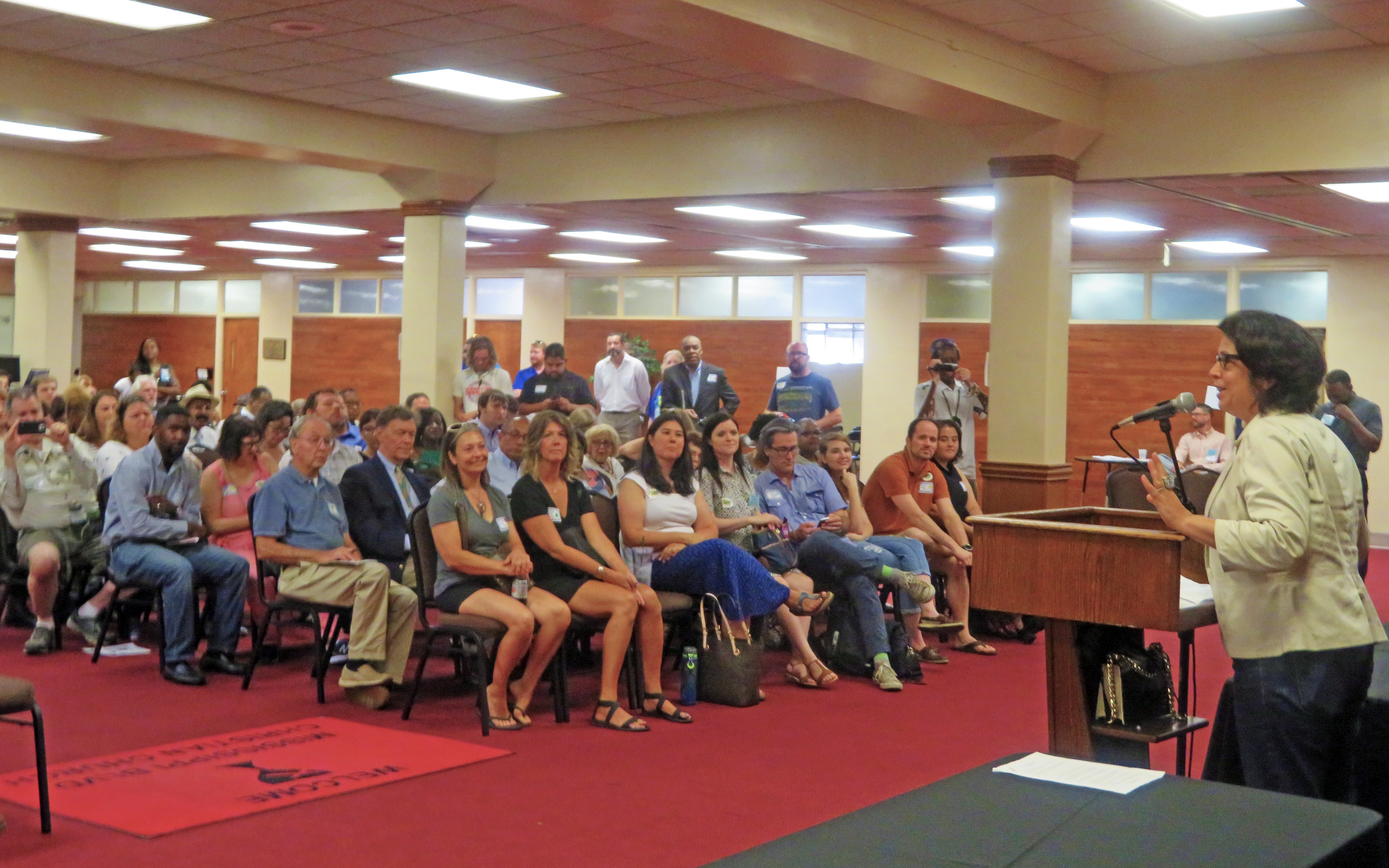 JB
JB  JB
JB  JB
JB 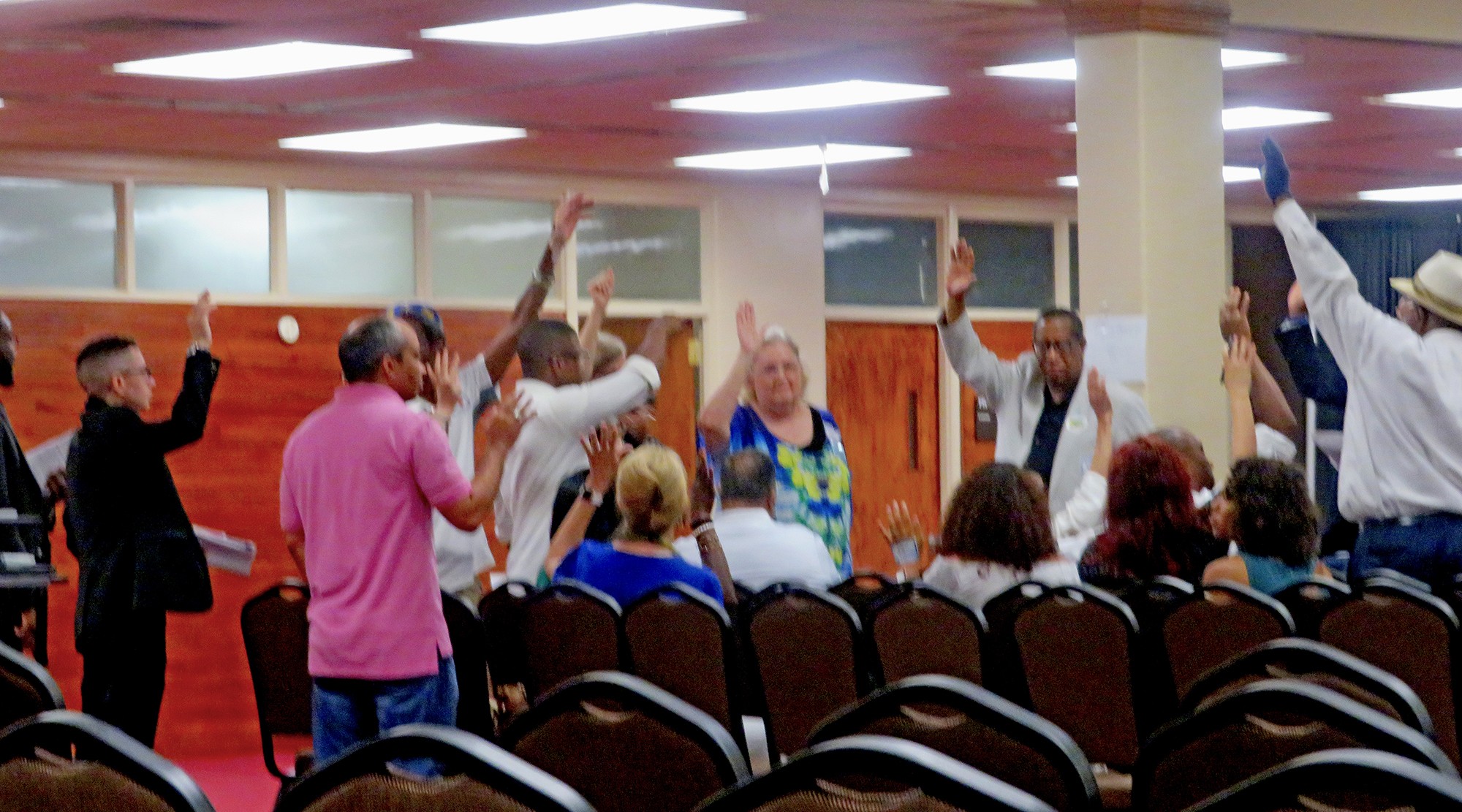 JB
JB 
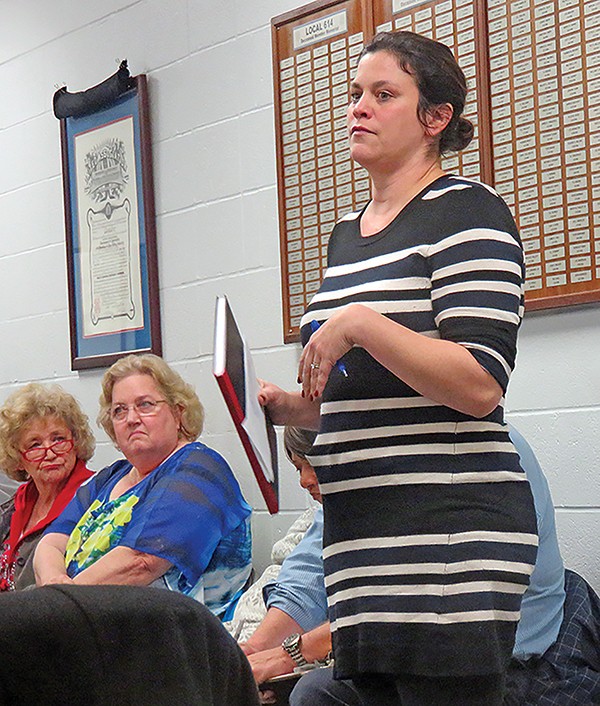 Jackson Baker
Jackson Baker 

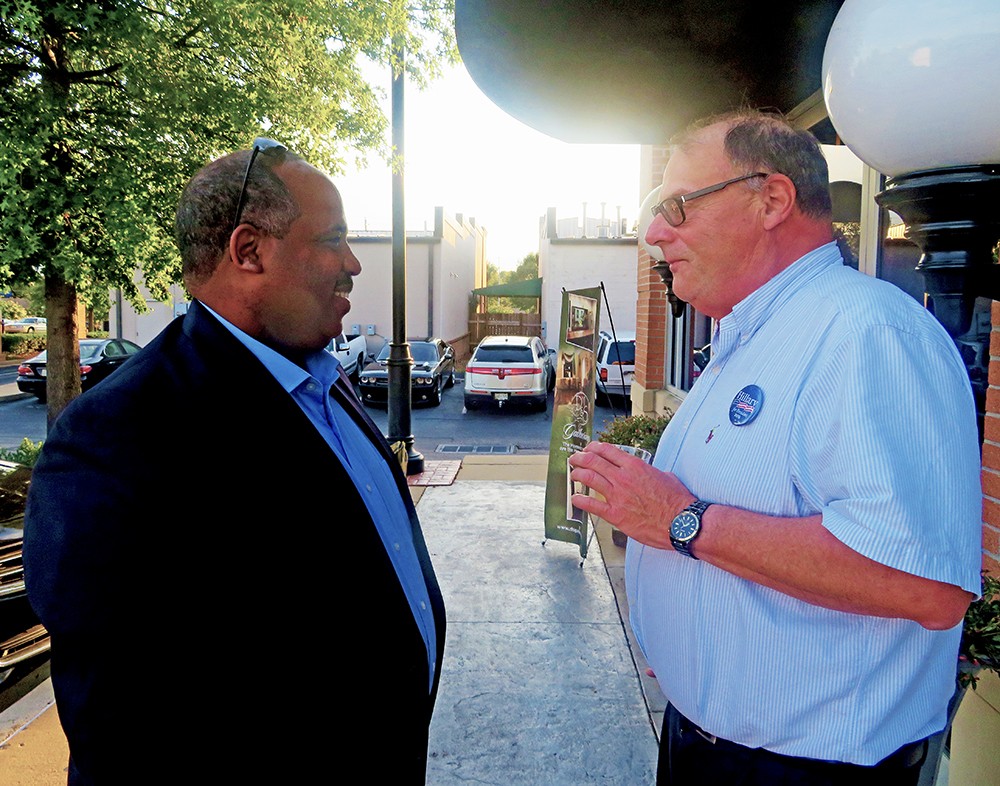 JB
JB